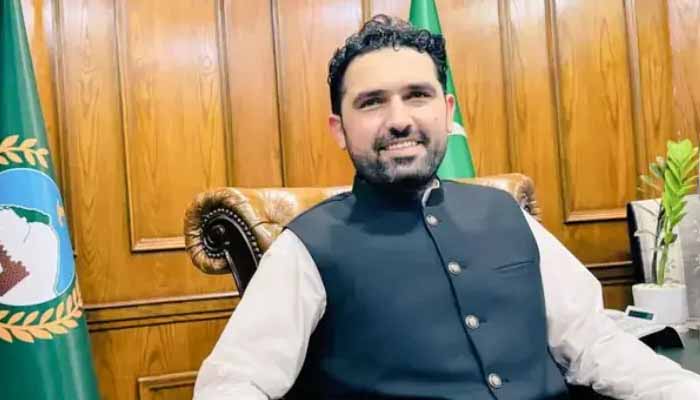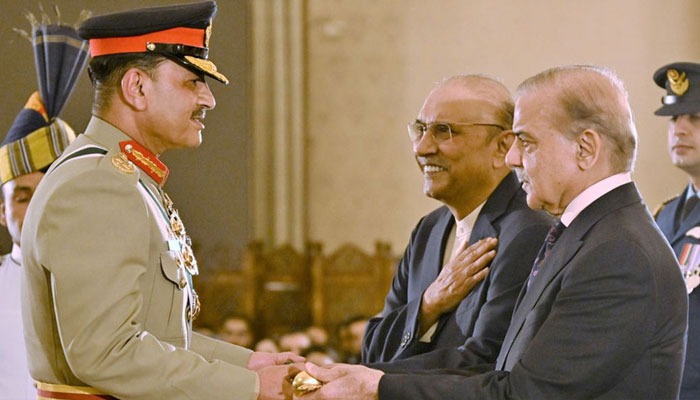LEGAL

A case has been registered against journalist Junaid Sagar Qureshi under the controversial Prevention of Electronic Crimes Act (PECA) 2016 for allegedly circulating a “provocative and false” video statement, a police spokesperson confirmed on Saturday.
The FIR, registered on the complaint of Assistant Sub-Inspector Tariq Mumtaz, states that he came across a video circulating on WhatsApp in which Qureshi claimed that a dumper truck had run over a woman in the jurisdiction of the Sir Syed police station. The video further alleged that public outrage over the incident led to stone-pelting on police officials, leaving a Station House Officer and two other officers injured.
Upon investigation, the police stated that no such incident had occurred, and the claim of the woman being run over was also found to be baseless. The FIR says Qureshi was “spreading false and provocative information,” which prompted the registration of the case under Section 21 of PECA, which deals with “offences against the dignity of a person.”
This case has sparked renewed criticism of the PECA law, which rights groups, press unions, and civil society have repeatedly termed a tool for censorship and suppression of dissent. Since its inception in 2016, the law has frequently been used to target journalists, political opponents, and activists.
Earlier this year, the National Assembly passed a controversial amendment to PECA, intensifying concerns about the shrinking space for free speech in the country. PTI lawmakers and media personnel staged a walkout during the session to protest the bill.
Qureshi joins a growing list of journalists charged under PECA. On March 20, journalist Farhan Mallick, founder of Raftar media agency and former news director at Samaa TV, was arrested for allegedly running "anti-state" content on YouTube. He was booked under PECA and the Pakistan Penal Code.
Shortly after, journalist Waheed Murad from Urdu News faced similar charges, booked under Sections 9 (glorification of offence), 10 (cyber-terrorism), 20 (malicious code), and 26A (false information) of PECA by the Federal Investigation Agency (FIA).
Even public officials haven’t been spared — a police officer in Karachi was recently arrested for allegedly posting derogatory remarks about President Asif Ali Zardari online.
Press freedom advocates continue to voice concerns over the increasing use of cybercrime laws against journalists and political workers, warning of its chilling effect on journalism in Pakistan.



.jpeg)
